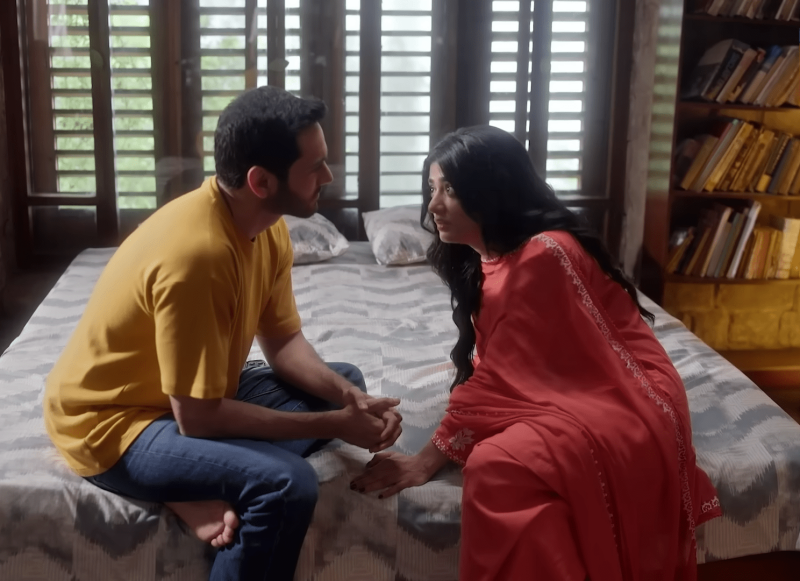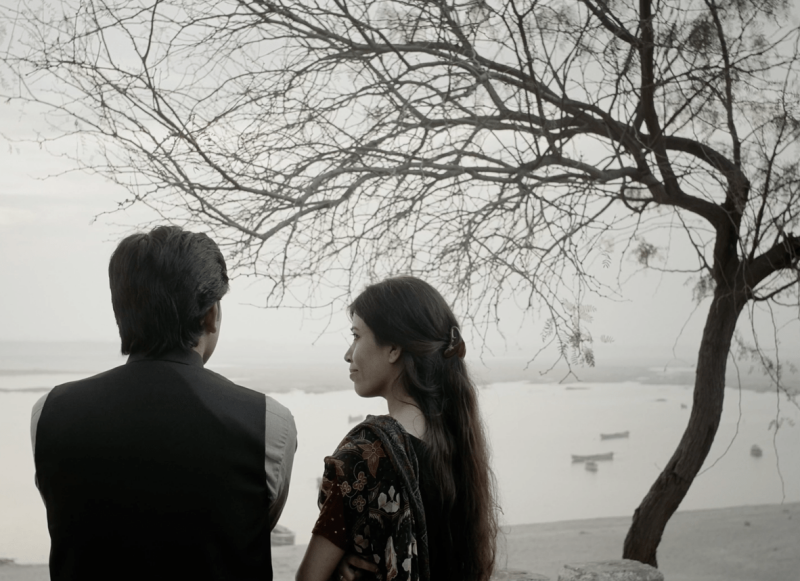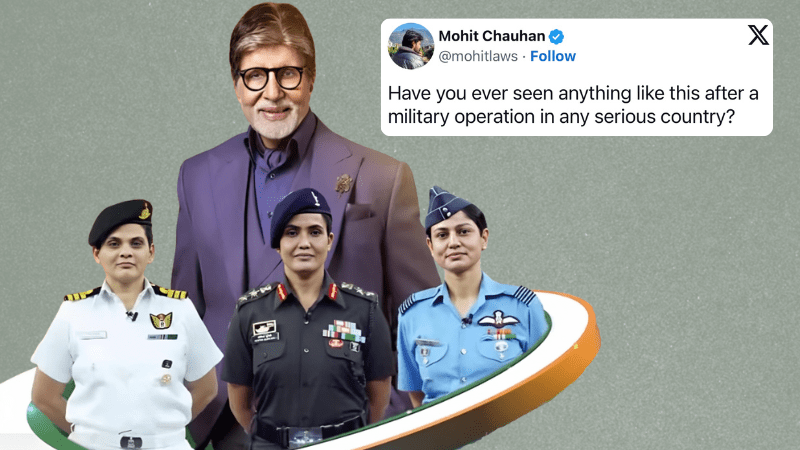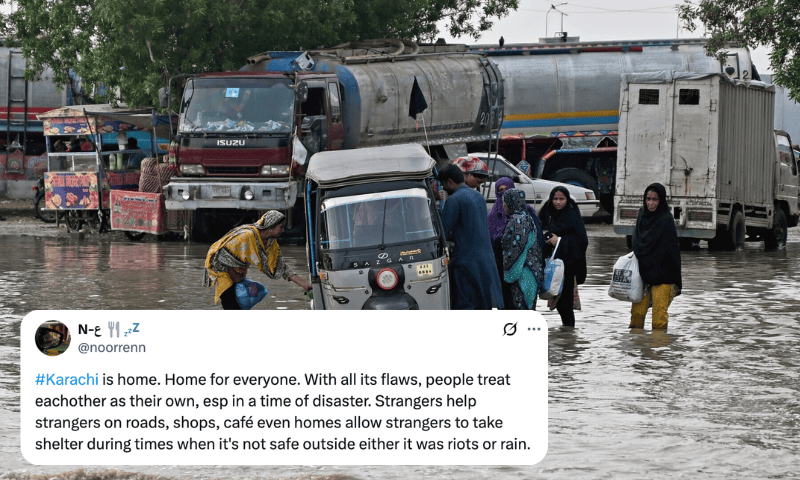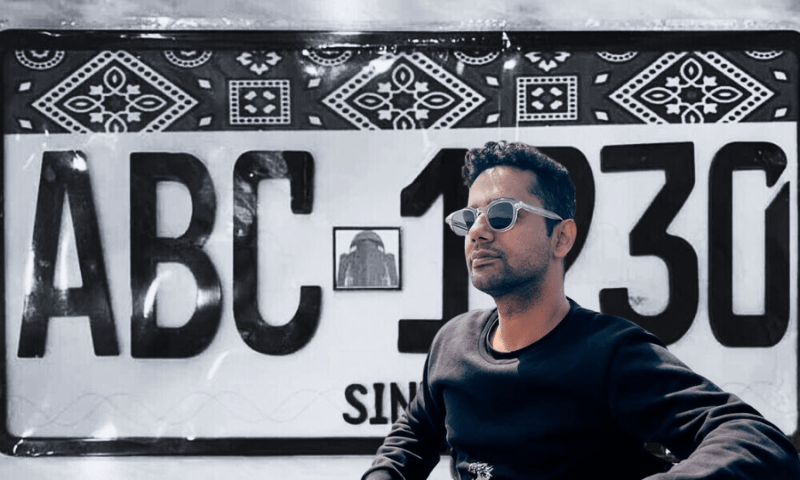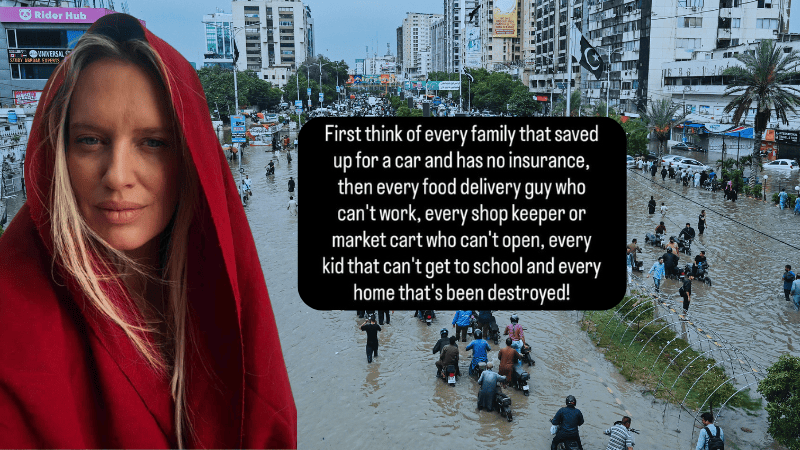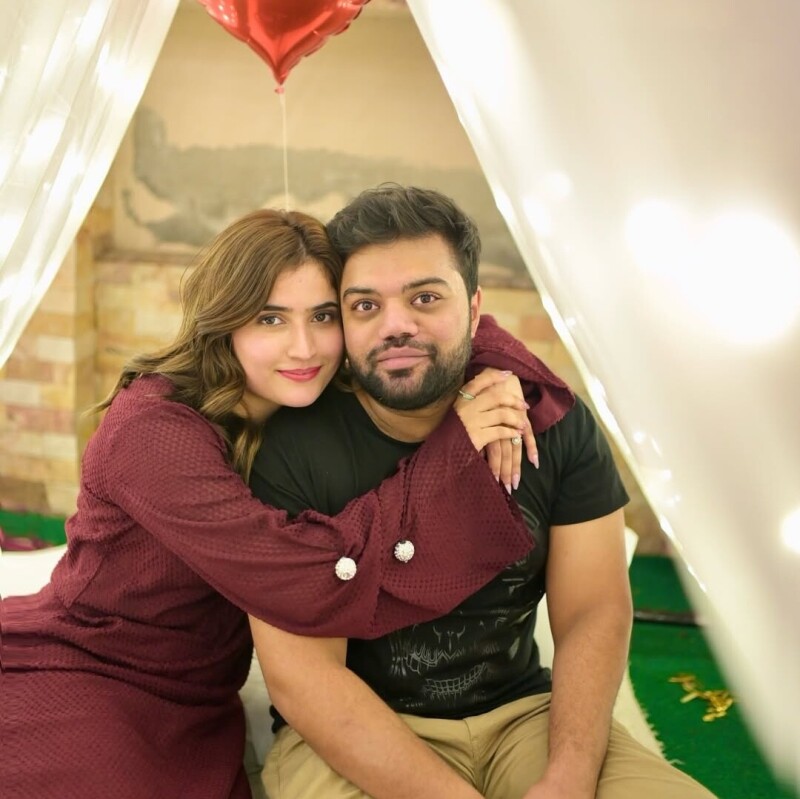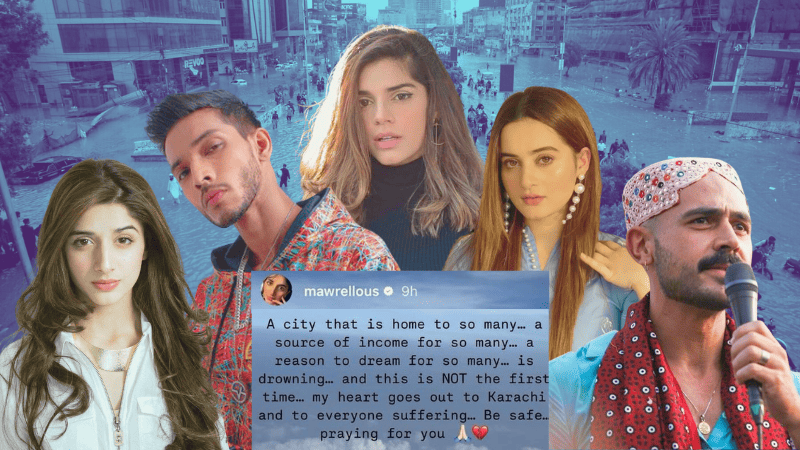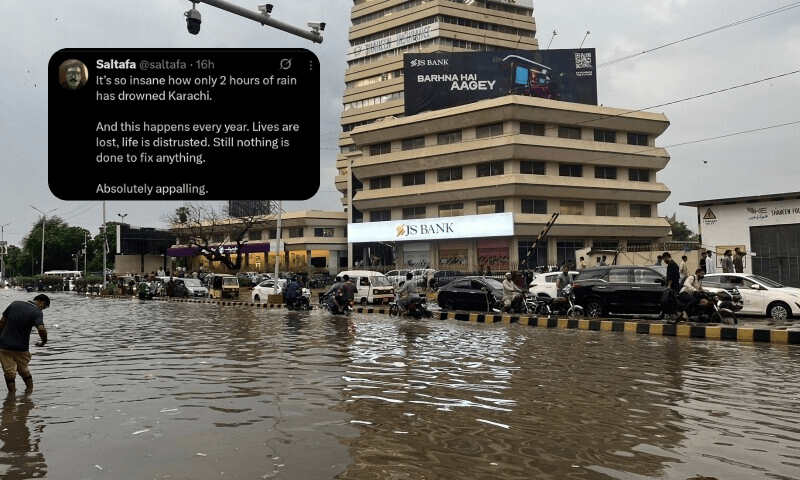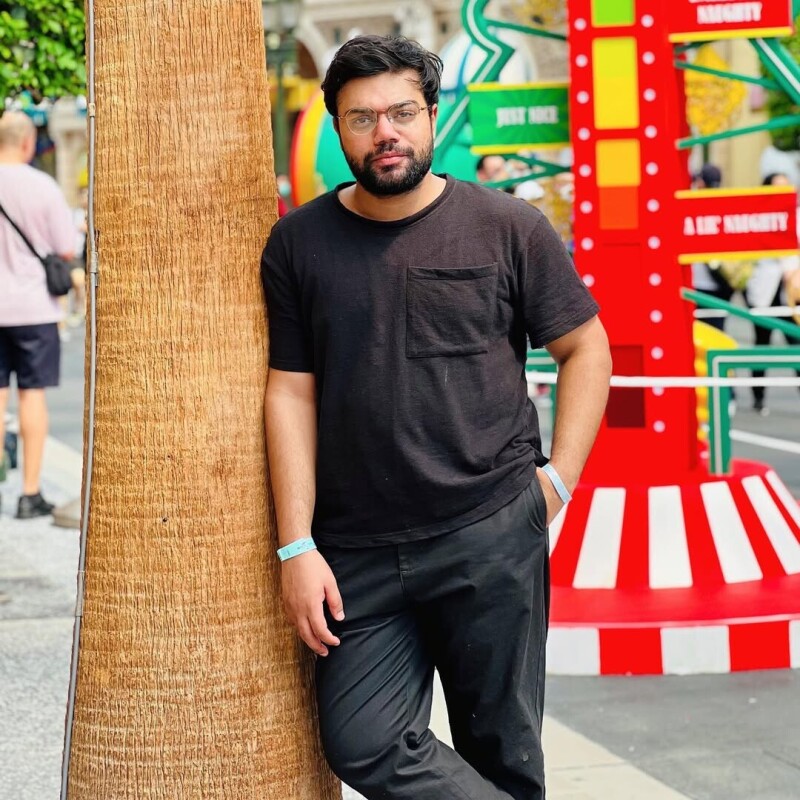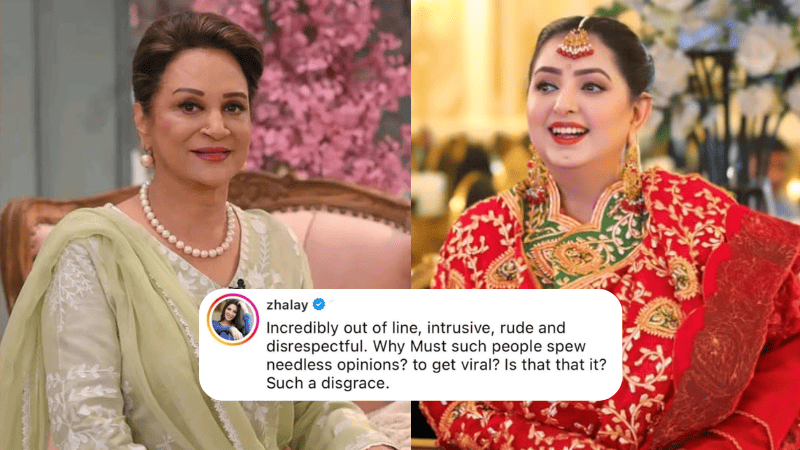Review: TV drama Zid goes on a killing spree
So much for puzzle pieces falling into place.
At the outset Zid promised to examine a modern marriage, which piqued our interest. While it floundered a bit, it still held our interest by showing us the different perspectives of all the key players. Thought-provoking dialogues held up a mirror to our society and asked difficult questions that had no easy answers.
Also read: 'Zid' review: Engrossing – warts and all
A little further down the road however, it turned into the usual doosri biwi territorial warfare, effectively transforming into one of the many serials to (dis)grace our TV screens. Not that the story was ever particularly uplifting but from contemplative and melancholic, it morphed into downright morbid.
What else would you call a drama where resolution for any of the conflicted characters was simply to make them drop dead?
We left off at a sinister turn with Rukhi (Rabab Hashm) missing on her wedding day. While there was tension in the partially non-linear narrative, and a sense of danger and mystery, there was a nice circularity to the storytelling. Earlier, when Rukhi went missing, she had eloped with her boyfriend David (Shaz Khan). This time, things were a lot more macabre.
| The final episode turned out to be more morbid than the average drama serial |
Death has been a constant motif in Zid. The posters in Z’s (Nausheen Shah) apartment — from the blatantly obvious “All Men Must Die” to the subtler Heath Ledger ‘Joker’ posters in the background — made sure that death was always in the shadows. Saman (Maya Ali) constantly fretted about how Michel would batter Z to death, but it was he who died.
Rukhi, who was safe at home with loved ones, fell to her tragic demise. Her father (Imran Peerzada), who couldn’t deal with the burden of guilt but had enough cold-blooded premeditation to bury her in his immaculately manicured backyard, ended his life as well. Rukhi’s search for independence as well as mature attempts to placate her father was an interesting setup to examine the ideas of marriage outside of ones’ community and religion. Uncle Qassim’s hypocritical stance and disapproval shielded by ideas of honour and tradition remained rigid and inflexible. With Rukhi and Uncle Qassim’s murder-suicide, the strongest thread of the story snapped and there was little else to hold it together.
 |
| Maya Ali, Ahsan Khan and Rubab Hashmi figure centrally in Zid — Photograph by Maria Photography |
In some ways, Rukhi’s death questioned how strongly entrenched values of honour don’t just lie in some remote parts of the nation. Surely, a woman in Rukhi’s position should have been safe or at the very least safer than those back home who face honour killings, acid attacks and domestic violence for making their own choices.
Eventually, Z too succumbs to a drug overdose.
All this reads rather melodramatic, and frankly quite odd coming from writer Bee Gul. Her earlier works Talkhiyaan (Express Entertainment, 2013) and Pehchan (Aplus, 2014) dealt with similar themes of duplicitous marriages and the other woman but were rooted in realism. I suppose commercial projects come with attached TRP restraints, which probably explains why the last few episodes were all about the doosri biwi sazish, which is practically the flavor of the decade for TV channels.
Tired tale of two wives
We weren’t left with much else after the demise of Rukhi and her father. While David moves on a tad too soon for Saman’s liking, the remaining trio — Saman, Z and Omar (Ahsan Khan) — are left to deal with their living situation. By now, the tale of two wives is stale stuff so none of it makes for interesting viewing and the actors could not salvage it either.
 |
| Ahsan Khan as Omar. — Photo: Zid Facebook Page |
Z, true to her manipulative self, kept pitting Saman and Omar against one another, goading them to absolve their paper marriage and trying to shoehorn her way into Omar’s life again. Her own rather disturbing notion of love — you will beat me and I will cry and then we will make up, isn’t that what love is – is also reflective of her fragile state of mind. Trying to amend her wrongs and despite her drug-addled state of mind, at least she is self-aware, even if she is fighting a losing battle.
Begging Saman to let go of Omar wasn’t about Z’s feelings of love. It really was about a sense of financial and emotional security. Somehow even that felt like artifice. If Z and Saman’s exchanges were more about dealing with life, survival and trying to get a foothold in the West it might have had more resonance. Not all marriages work. And even in a marriage one has to hold on to ones sanity and attempt a life outside of its confines.
Omar ends up divorcing Saman even though she was slowly warming up to him. Ahsan Khan had little to do here, and it showed. Meanwhile, Saman finally ends up reflecting that her stubbornness was the root cause of all evil. Of all the characters, Saman was the least developed. Her shoulders were there only to bear the burden of the title — Zid. Maya Ali couldn’t do much without any direction. While she was fine as a brusque and immature girl, her excessive reliance on bulging eyes and veins wasn’t effective.
Performances
Imran Peerzada put in an able performance, even if he was at times wooden. Some of the dialogue felt repetitive, possibly to bring home the point that though his character made some attempts at reconciliation he was still unable to accept his daughter having defied his wishes. In his anger, he manages to cross the line and is repentant but it cost him dearly. Still, of all the male characters, his was the strongest.
Rukhi and David’s relationship too was a highlight. Both Rabab Hashmi and Shaz Khan looked good together, had an easy charm about them and their attempts at reaching out to Rukhi’s father were all handled rather maturely. They truly felt like a modern couple, adeptly handling the dilemma that many of our young people face today.
Nausheen Shah puts in a stellar performance as a washed out, depressed and relapsing addict. Her moments of fragility were her strongest, though she veered towards hamming it up at times. While her internal conflict was reasonably etched out, the many torturous conversations about ‘no identity without a man’ seemed out of place.
 |
| Nausheen Shah as Zainab in 'Zid'. – Photo credit: Zid Facebook page |
There was nothing appealing about Saman. Hot headed, rude, annoying is all very well but given her emotional depth of an eight-year old coupled with zero self-awareness she was just a rebel without a cause. While not all the characters need to do the right thing, they still need a modicum of growth and realization and holding onto that for Saman till the end, didn’t really make the intended impact.
To sum up...
While Zid questioned a forced marriage against one of choice, the idea of marrying outside one's religion and daring to live life on one's own terms, it ended up being an unlikely morality tale.
It is a pity that the writer chose death over strained tensions and maybe even, acceptance. It almost felt like a moralistic death sentence – defy your parents and you will die, dare to live on your own and you will be rewarded with divorce and death or both.
Bee Gul revels in blurring the lines between black and white portrayals and even her shades of grey never point fingers at others. Her well-honed perspectives usually give insight if not an explanation of her characters motives. Alas, all of that was missing in Zid.
Also missing was any sort of directorial vision and visual imagery. This made it feel too word-y and heavy relying entirely on dialogue. In the end, Zid’s good premise was ruined by the ditacts of delivering a commercial product, which in turn left it drifting into a sea of mediocrity. More’s the pity.
Sadaf Siddique is freelance writer, film and drama enthusiast and sometime drama queen not necessarily in that order.


